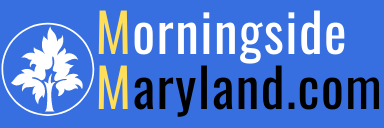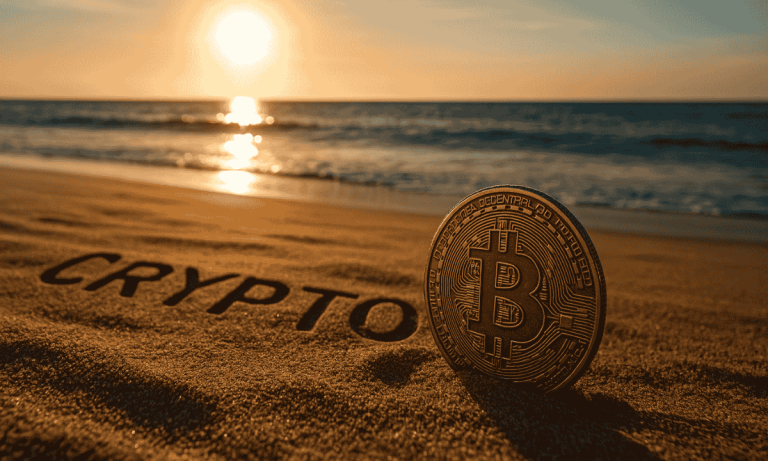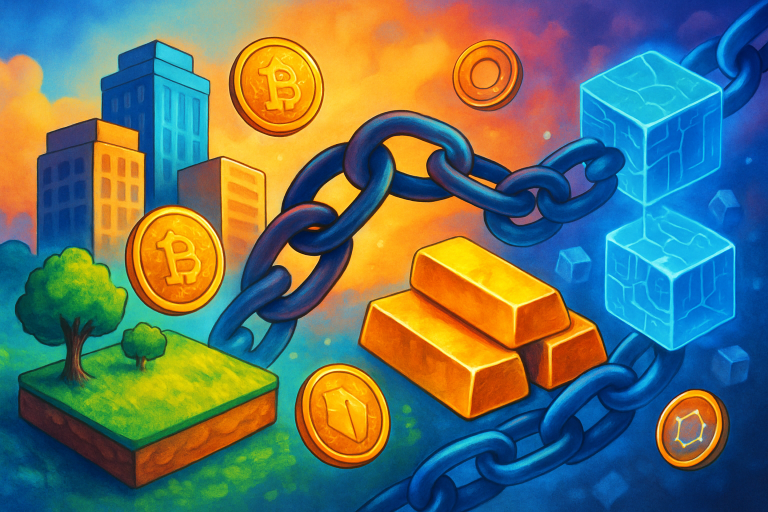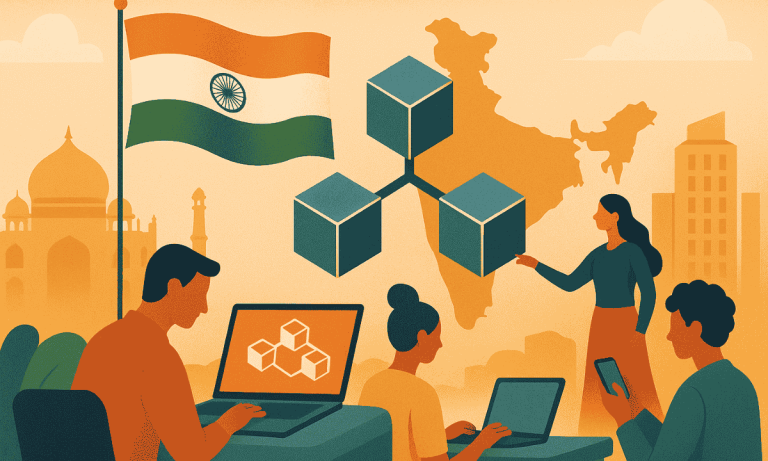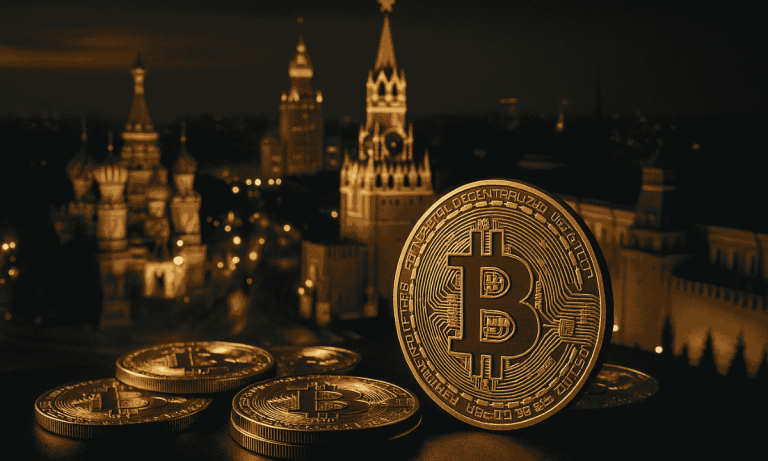A few years ago, DAOs were heralded as the future of work, the “company without a CEO,” the collective that could outmaneuver Wall Street suits and Silicon Valley founders alike. Treasury wallets swelled, Discords buzzed, and governance forums brimmed with ambitious proposals. The rhetoric was intoxicating: a new digital democracy for the internet age.
But in 2025, the mood feels different. Scroll through crypto Twitter, and you’ll find fewer DAO manifestos and more quiet skepticism. Venture funds that once spun up DAOs like side projects have gone silent. The question floating around now is blunt, almost brutal: are DAOs dead?
The Honeymoon Is Over
It’s not that DAOs disappeared. Thousands still exist, managing billions in assets. But the romance has cooled. Many of the once-hyped organizations collapsed under their own weight—too many token holders, too few actual participants. Voting turned into a chore, governance forums became ghost towns, and “decentralized” often meant three whales calling the shots.
Take the case of ConstitutionDAO back in 2021—an energetic collective that raised $47 million to buy a copy of the U.S. Constitution, only to fumble governance, bidding, and ultimately dissolve. Fast-forward, and versions of that story have replayed again and again, albeit with higher stakes.
Even successful DAOs faced crises. MakerDAO, once a poster child for decentralized governance, has gradually centralized decision-making just to keep the system functioning. Uniswap’s governance is often criticized as ceremonial, with big investors controlling the levers.
The hard truth? Democracy is messy, and on-chain democracy is messier.
From Chaos to Professionalization
Yet to declare DAOs “dead” is to miss the quieter transformation happening behind the scenes. The era of “Discord mobs running billion-dollar treasuries” is over, but DAOs haven’t vanished—they’ve professionalized.
In 2025, many DAOs look less like free-for-all communities and more like hybrid structures. Think of them as corporations with a crypto twist: a core team runs operations, while token holders function more like shareholders, approving major pivots but not micromanaging day-to-day decisions.
Service DAOs like Raid Guild and investment collectives like MetaCartel have trimmed the fat, operating with smaller, committed contributor groups rather than sprawling token armies. Even gaming guilds, once plagued by chaos, have leaned into structured leadership while keeping community involvement alive.
Ironically, DAOs are evolving into something closer to traditional companies—not abandoning decentralization entirely, but layering it with efficiency.
Regulation, the Uninvited Guest
There’s also the looming question of legality. Regulators didn’t know what to do with DAOs in 2021, and in 2025 they still don’t—but they’re trying harder. The CFTC’s lawsuit against Ooki DAO in 2022 was a shot across the bow, and since then, governments have been probing DAOs as unregistered investment vehicles or unlicensed cooperatives.
In response, some DAOs have opted for “wrapped” legal entities—Wyoming DAO LLCs, Swiss associations, Cayman foundations. The move is pragmatic: without legal recognition, signing contracts, paying taxes, or even opening a bank account is nearly impossible. Purists call this a betrayal of decentralization; pragmatists call it survival.
The Experiment Isn’t Over
The obituary writers may be a little too eager. If anything, DAOs have revealed something uncomfortable but valuable: decentralization doesn’t mean absence of structure; it means rethinking structure.
A generation of young workers has now had firsthand experience in governing treasuries, debating policy, and running projects without rigid hierarchies. That’s not wasted energy—it’s civic training for the digital age. And while many DAOs failed, they seeded ideas that may take root in unexpected places: neighborhood associations, online co-ops, even political movements.
It’s also worth remembering that the web itself wasn’t built in a day. The first wave of DAOs may look clumsy in hindsight, but they’ve mapped out the terrain. The next iteration may blend the community ethos of DAOs with AI-driven governance, predictive analytics, and real-world integrations.
So, Dead or Evolving?
If you define DAOs as anarchic internet collectives overthrowing corporations—then yes, they’re dead. That dream has already faded. But if you view DAOs as an experiment in reshaping organizational governance, they’re very much alive, just in a different skin.
They’re not the utopian democracies early evangelists imagined, nor are they the irrelevant failures skeptics claim. They’re messy, compromised, and constantly mutating—exactly what you’d expect from a technology still in its adolescence.
Maybe the better question isn’t whether DAOs are alive or dead, but what they’re becoming. Because in the slow churn of 2025, it looks less like a funeral and more like an awkward, necessary adolescence.
